SS #99: The Ordinary Homeschool
This year’s Christmas episode is a little less Christmassy, perhaps. Instead of focusing on festivity as we have in years past, we look at whether or not every day is supposed to be festive. Christmas is an important festive time, but it’s surrounded by ordinary time to set it off. Our school days are no different.
Scholé doesn’t mean making every day a party or a holiday-level feast. Deep and rich meaning happen just as much in the ordinary days as they do on the big days.
Listen to the podcast:
TUNE IN:
Apple Podcasts | Spotify | Stitcher
Everyday doesn’t have to be special
Today’s Hosts and Source

Brandy Vencel
homeschools her kids in California and her everyday specialty is a mean pot of Mexican beans.

Pam Barnhill
homeschools her kids in Alabama and she whips up an amazing guacamole.

Mystie Winckler
homeschools her kids in Washington state and stretches her beef via stroganoff and potato hash.

Abby Wahl
homeschools her kids in Oregon and feeds them with copious elk and piles of bread.
We discuss chapter 3 of Capon’s philosophical cookbook, The Supper of the Lamb.
“O Lord, refresh our sensibilities. Give us this day our daily taste. Restore to us soups that spoons will not sink in, and sauces which are never the same twice. Raise up among us stews with more gravy than we have bread to blot it with, and casseroles that put starch and substance in our limp modernity. Take away our fear of fat and make us glad of the oil which ran upon Aaron’s beard. Give us pasta with a hundred fillings, and rice in a thousand variations. Above all, give us grace to live as true men – to fast till we come to a refreshed sense of what we have and then to dine gratefully on all that comes to hand. “
Robert Farrar Capon
Scholé Every Day: What We’re Reading
Practical Happiness, Bob Schultz
Abby is reading this devotional with her kids during morning time.
Christian Worldview, Herman Bavinck
Mystie is starting small with Bavinck, reading this slim volume about the origins of the concept of worldview from a nineteenth century Dutch theologian.
The Book of Memory, Mary Caruthers
The idea of ethical truths as truths that you need stories to understand and define more than a dictionary, Caruthers defines as requiring “copious” memory.
Pam’s Morning Walk
Scholé isn’t just about reading. Walking, noticing, and discussing ideas is also scholé.
The Grand Ordinary as Enough
All children coming to the same table is the primary concept behind Charlotte Mason’s use of the feast metaphor. She did not mean every day should be fancy and overdone.
Every day isn’t supposed to be always feast mode all the time. Every day doesn’t have to be special and amazing. Thinking that we’re supposed to create a production with learning fireworks every day stems from lack of confidence and leads to burnout.
A feast day is a great day, but that’s not every day
The corresponding day to a feast in our homeschool is a great day that feels splendid.
A feast also has a multitude of options and extras. Those are sometimes things, though, not everyday things.
If you feast every day, you don’t appreciate the feast.
Everyday will not feel like a triumph, but everyday does not need to. The benefit of regular meals will produce growth over time.
Simple, healthy meals are the mainstay
We tend to think only in terms of feasting or junk food – the alternate is ferial, everyday cooking.
Ferial is an adjective used of the Christian calendar, denoting an ordinary weekday, as opposed to one appointed for a festival or fast. Most days are ferial days. Without them, the feasts lose their savor.
Feast days and ordinary time
If you’re always feasting, you have to balance those with ordinary days. Ordinary doesn’t mean not special or no learning or no good things. It just means they are more repetitive and average.
We need to have a better appreciation of what’s normal and good rather than always being on the hunt for what’s special and novel.
Fun, special, magical – or boring days?
Every day does not have to be extra fun. Regular, meaningful learning often looks simple, plain, and boring.
An education filled with wonder is not an education where we are constantly filled with awe. That’s a standard we can never live up to. We don’t have the capacity. Instead, wonder in this case is a verb.
We are to wonder at things. Such wonder will leads to spasms of awe-wonder, but such cannot be manufactured and such are not the measuring stick of our homeschool.
Homeschool economically
It’s more than an economy of money that requires us to not be always elaborate. We must also economize our time and energy. It is right and fitting that we do.
A man can do worse than to be poor. He can miss altogether the sight of the greatness of small things.
Robert Farrar Capon
Life is economical and repetitive; our homeschools should mimic life.
Self-doubt is self-sabotage
We need to build our skills as ferial cooks in our homeschools so we can build our confidence when the kids question and complain and the catalogs look all glitzy.
We don’t always get the feedback from our children that we’d hoped for. There is a need to get some feedback from our kids, but not personal affirmation in the thick of it.
Dieting v. fasting
Which is the best balance to festivity? Dieters count calories and cut back. Fasters count time and look forward. Dieting causes us to focus on the wrong things and miss the point of eating. In our learning environments, do we choose dieting to conserve our energy and prepare for feasts?
Sometimes cutting back is needed, but if you are cutting back to a deficit, there won’t be proper growth. We don’t want to be overindulged and entertained all the time by all lessons, but we also don’t want to cut back to the point of starvation.
Consequently, the dieter has no way of distinguishing good food from bad. Take éclairs, for example. The world is full of them, mostly awful. Any true eater, ferial or festal, will be able to give you an accurate judgment as to which of them are worth meeting and which should be avoided. The dieter, however, has lost all criteria for judgment. That éclairs are fattening is his sole piece of information. If he is in a mood to diet, he will pass up the best éclair in the world without even a backward look; and if he is in a mood to eat, he will devour a corner-bakery, cardboard-and-corn-starch monstrosity as if it were something out of Brillat-Savarin. He is a man who, for all practical purposes, has lost his taste.
Robert Farrar Capon
A dieter has lost the proper relationship with food and so cannot judge what is good or bad, worthy or unworthy.
Dieting is worse for kids than it is for kids, and that’s true in education as well. The deficit has longer term consequences than
There’s so much more to both eating and learning than the counting of measurable units.
Every real thing is a joy, if only you have eyes and ears to relish it, a nose and tongue to taste it.
Robert Farrar Capon
Technique and Love Are Required
Learning takes work, but it can also be enjoyed. Sometimes we are scared by our own ignorance and inadequacies to give interest a try, but it is always possible. Until we foster interest in ourselves, we won’t have real love and true technique or skill.
Interest in results never conquers boredom with process.
Robert Farrar Capon
Fruit requires time and patience
We are not patient enough to succeed with our everyday cooking. Learning takes time and the fruit will not appear instantly. Let learning percolate, let the kids ruminate.
Teaching takes patience not just with the children in the moment, but with the process over years as well.
Mentioned in the Episode
Listen to related episodes:
SS#167: The Causes of Christmas
SS #150: ‘Tis the Season of Joyful Sacrifice
SS #133 – Mom Is the Magic of Christmas
SS #116 – Feasting in a time of fasting


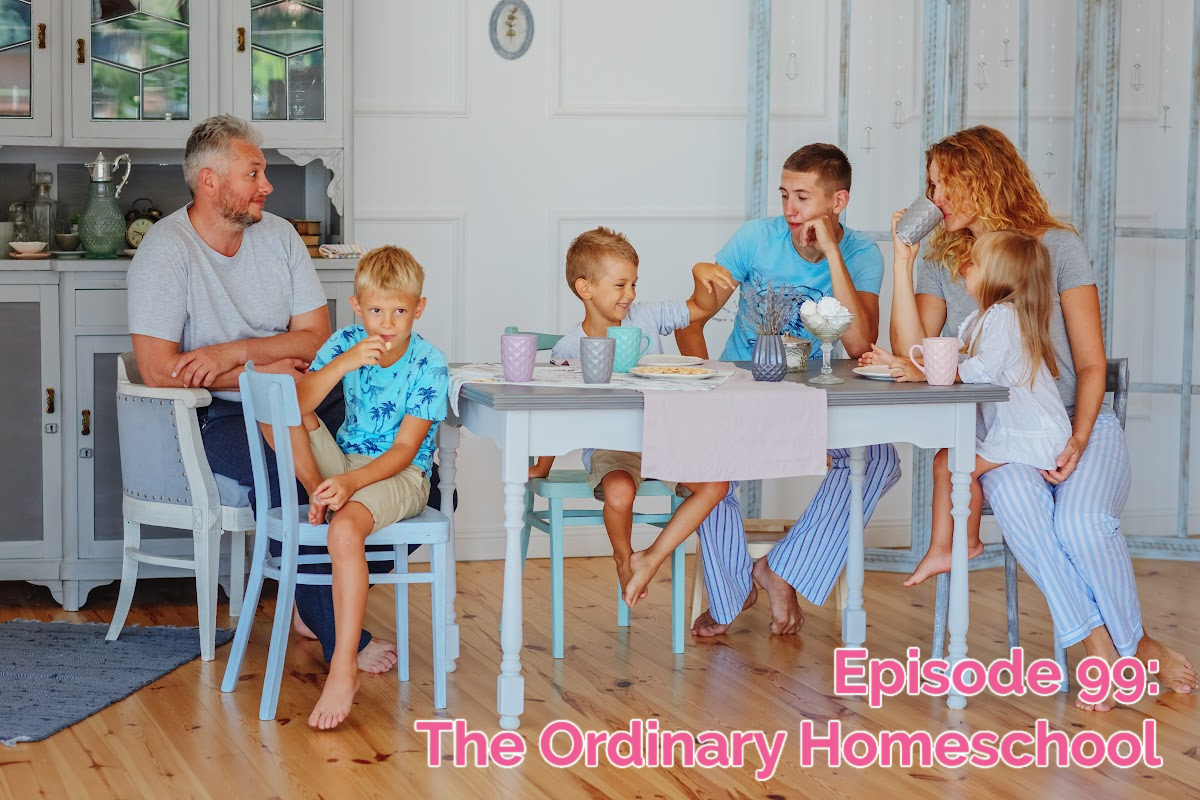
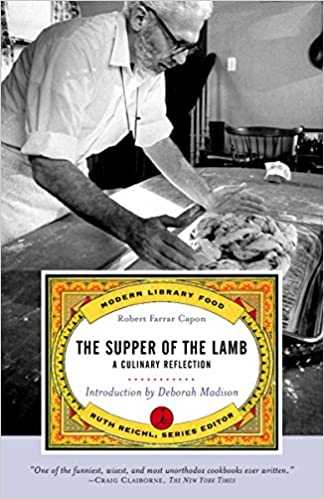
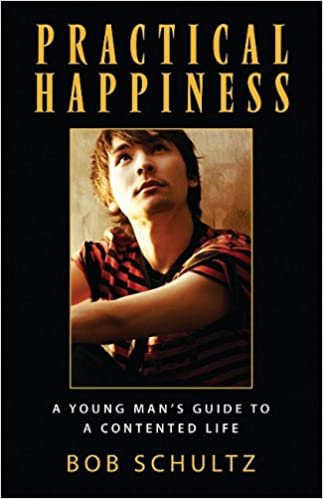
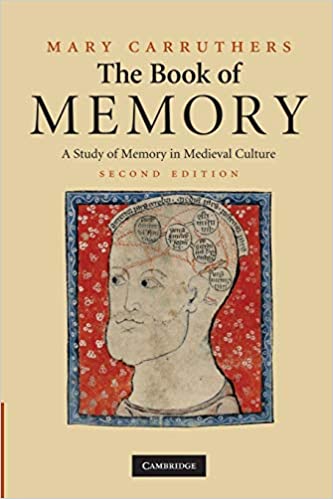
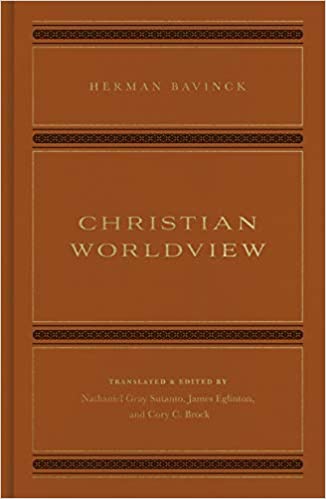






One Comment
Comments are closed.